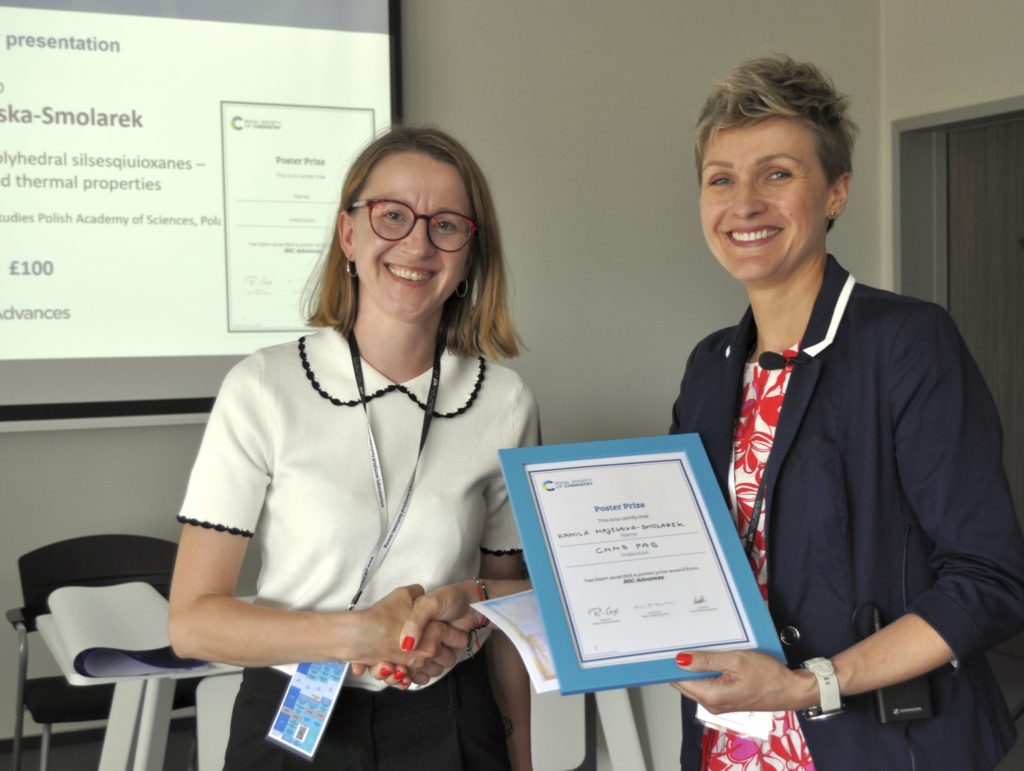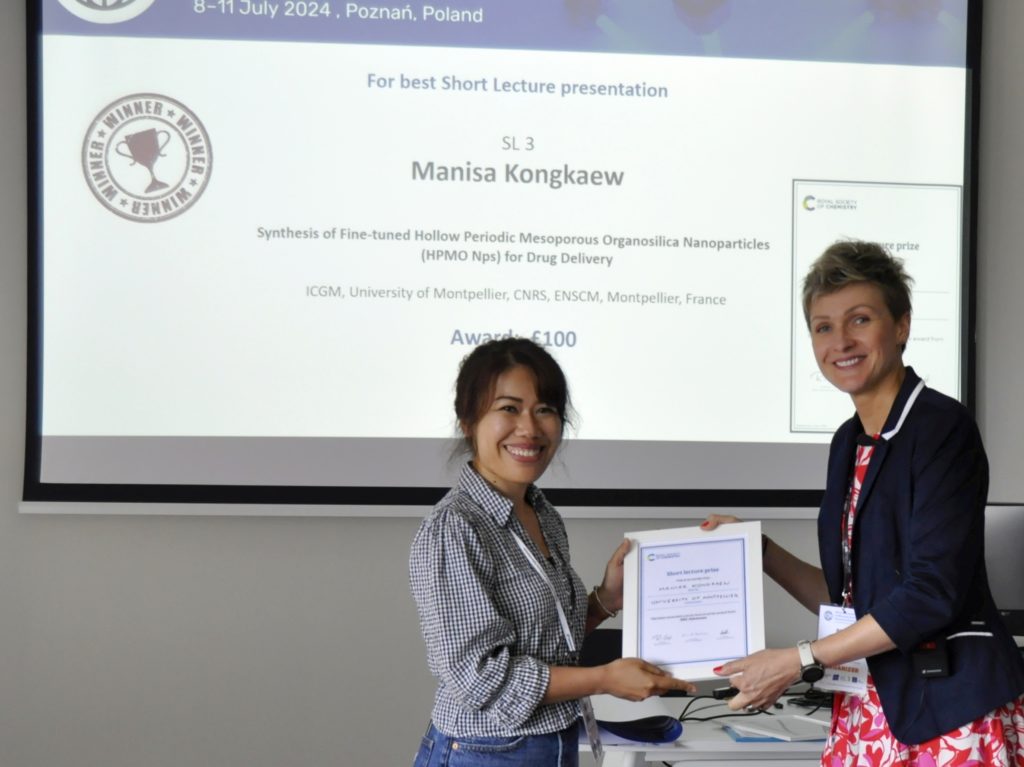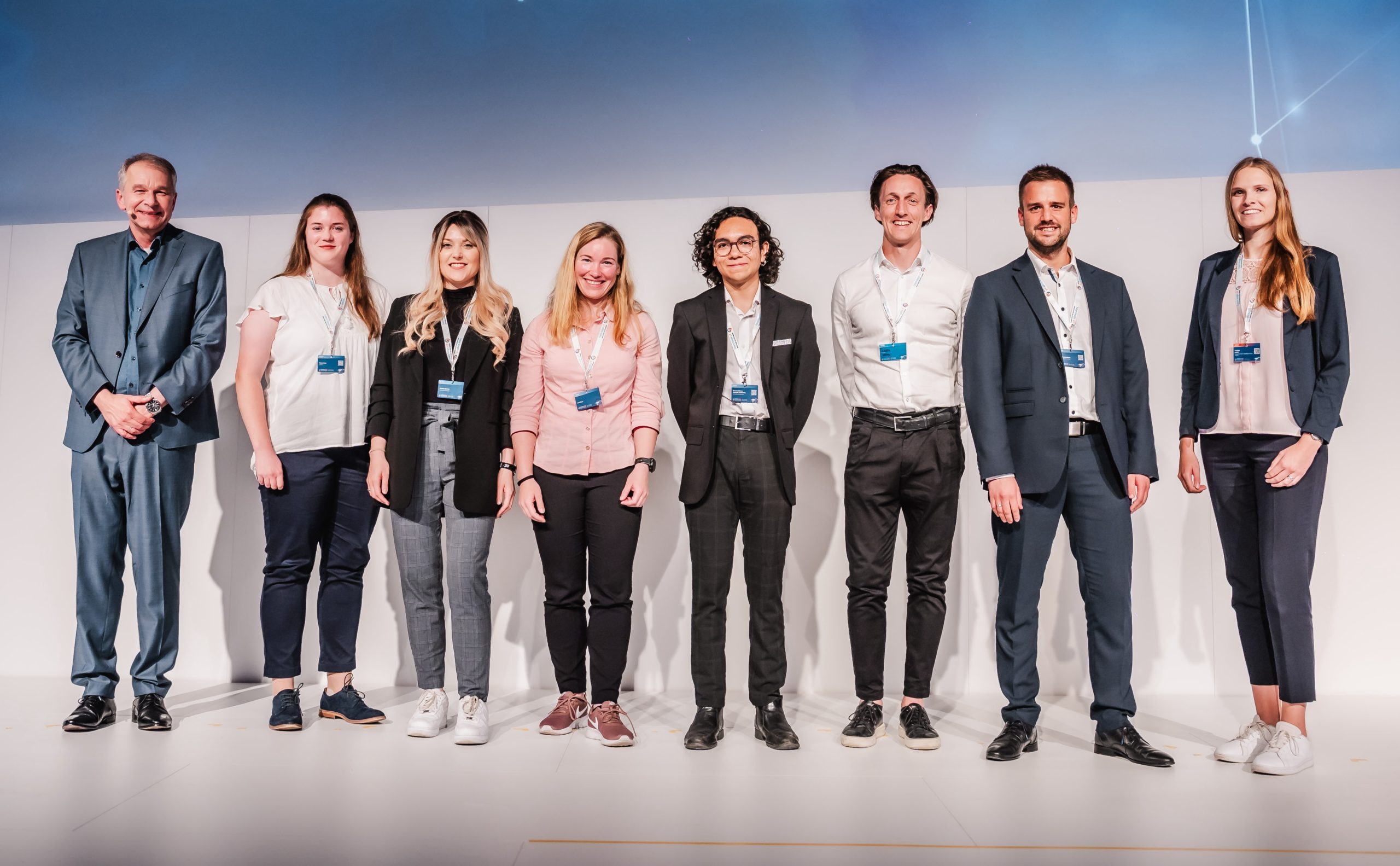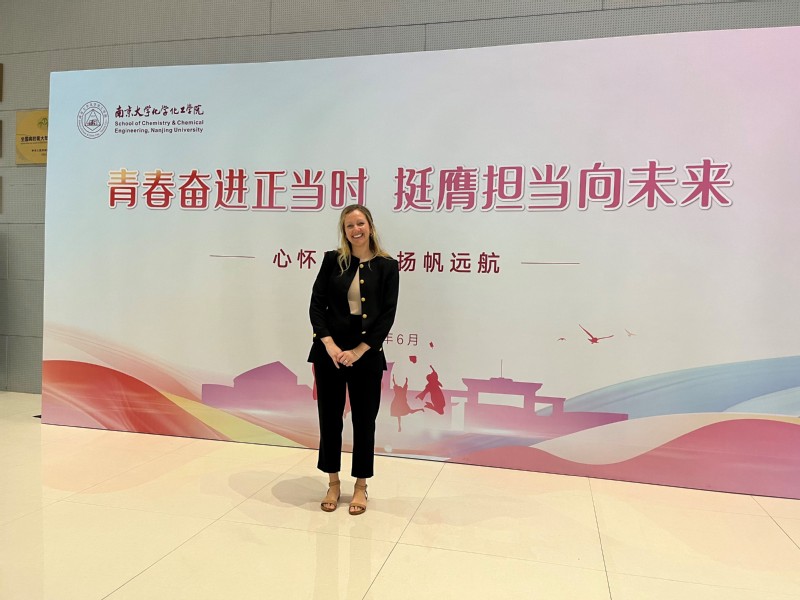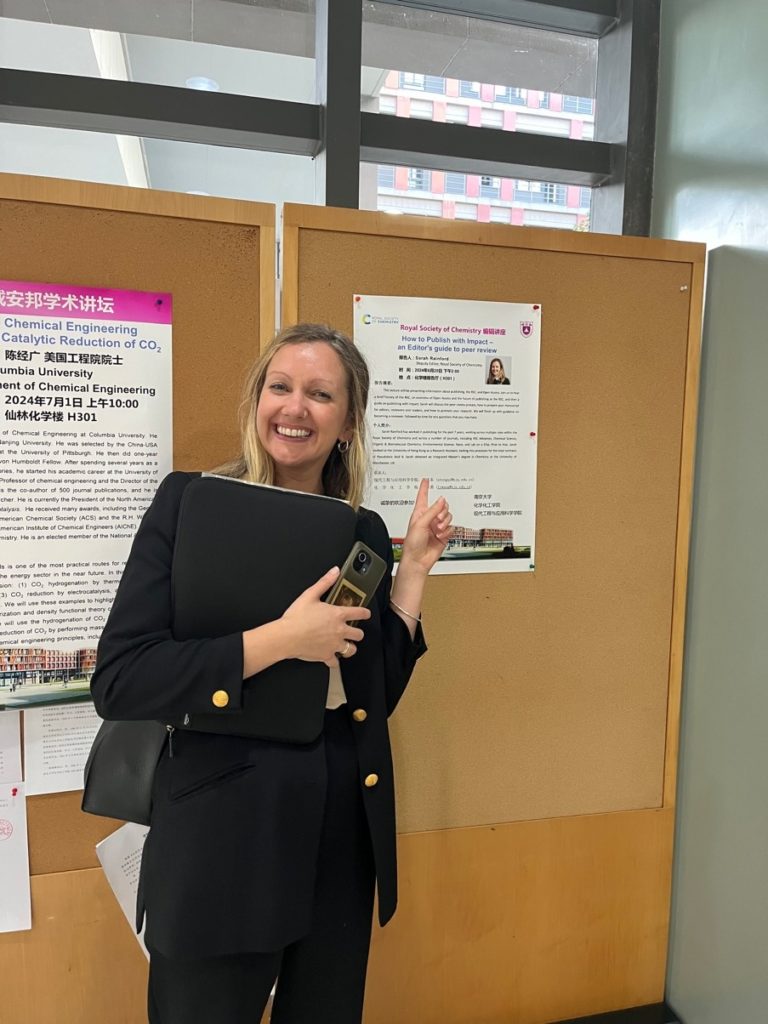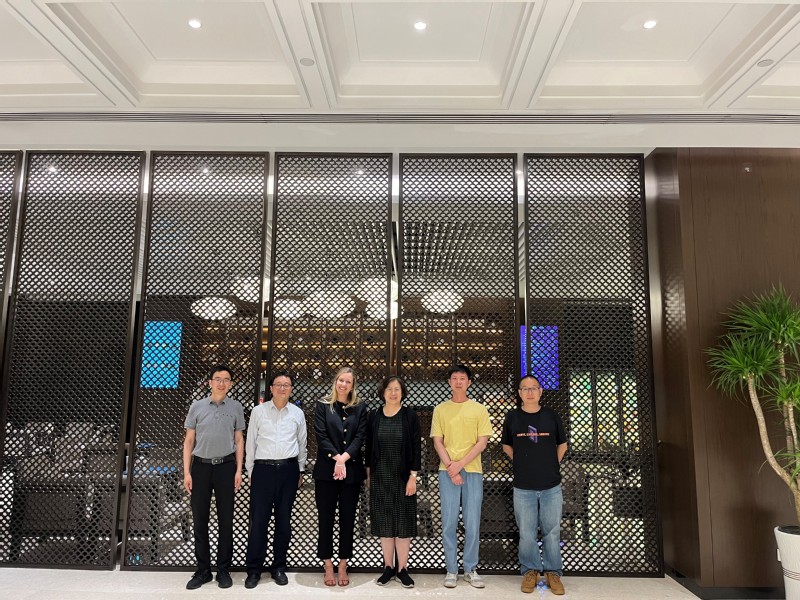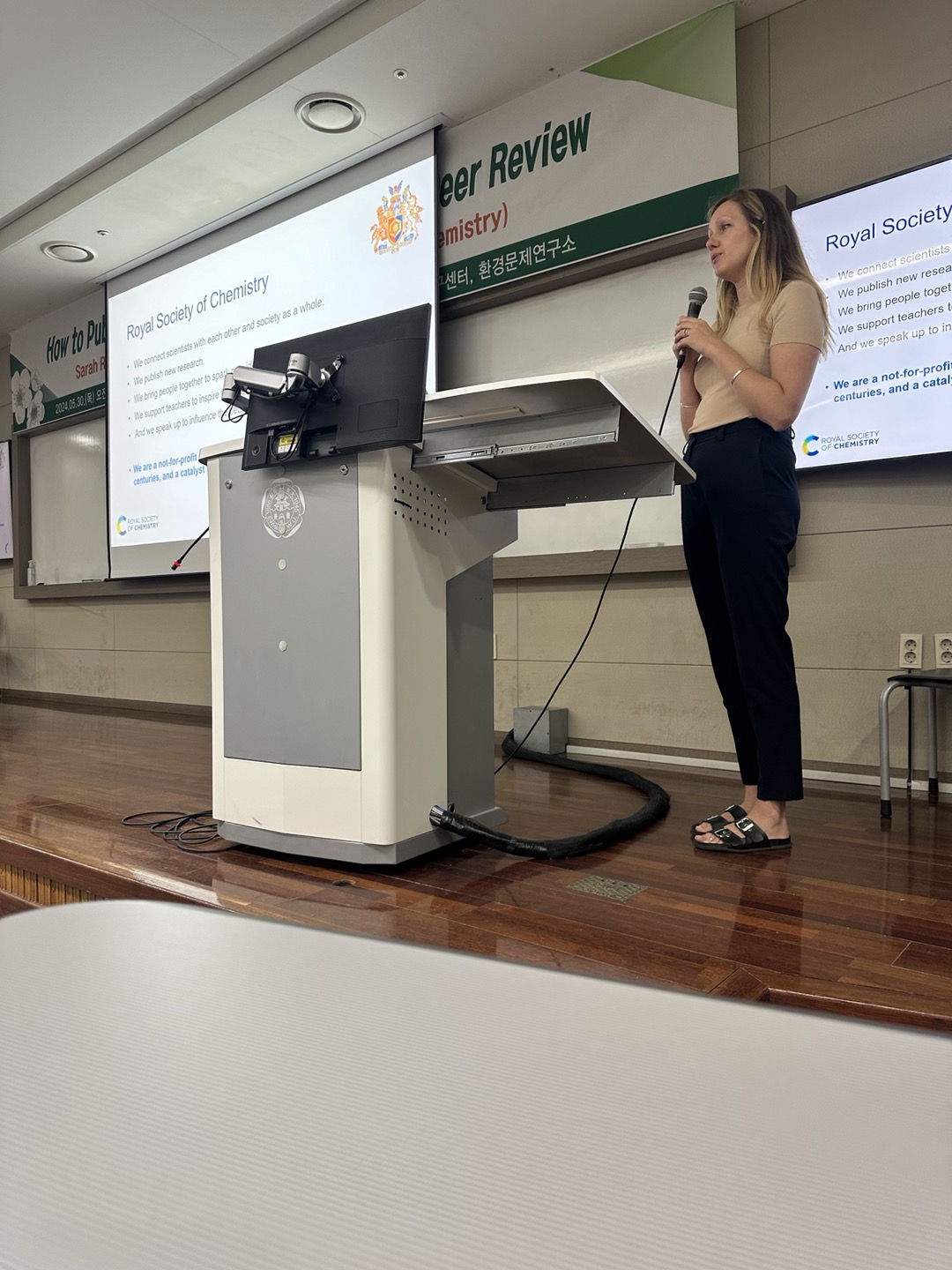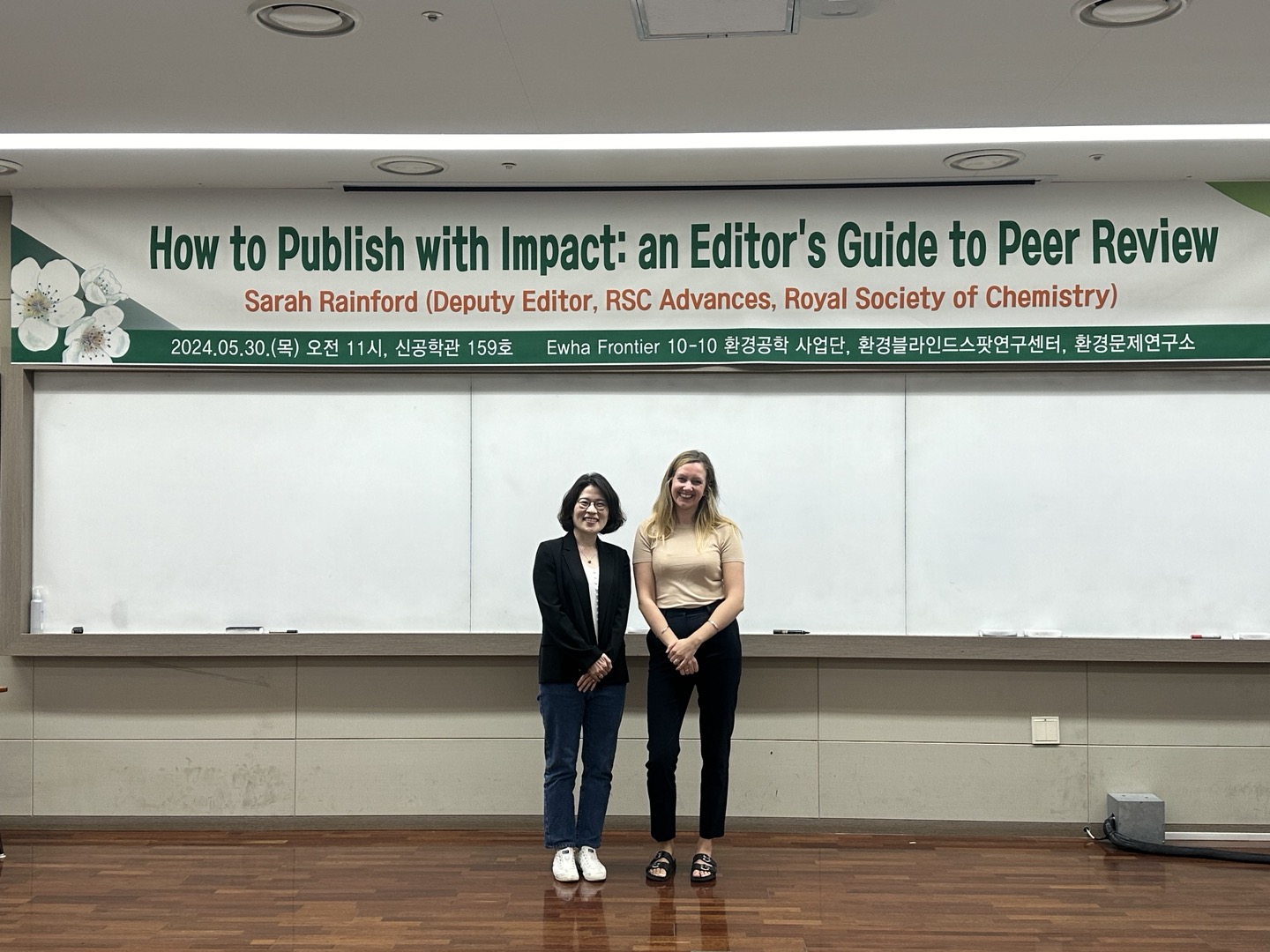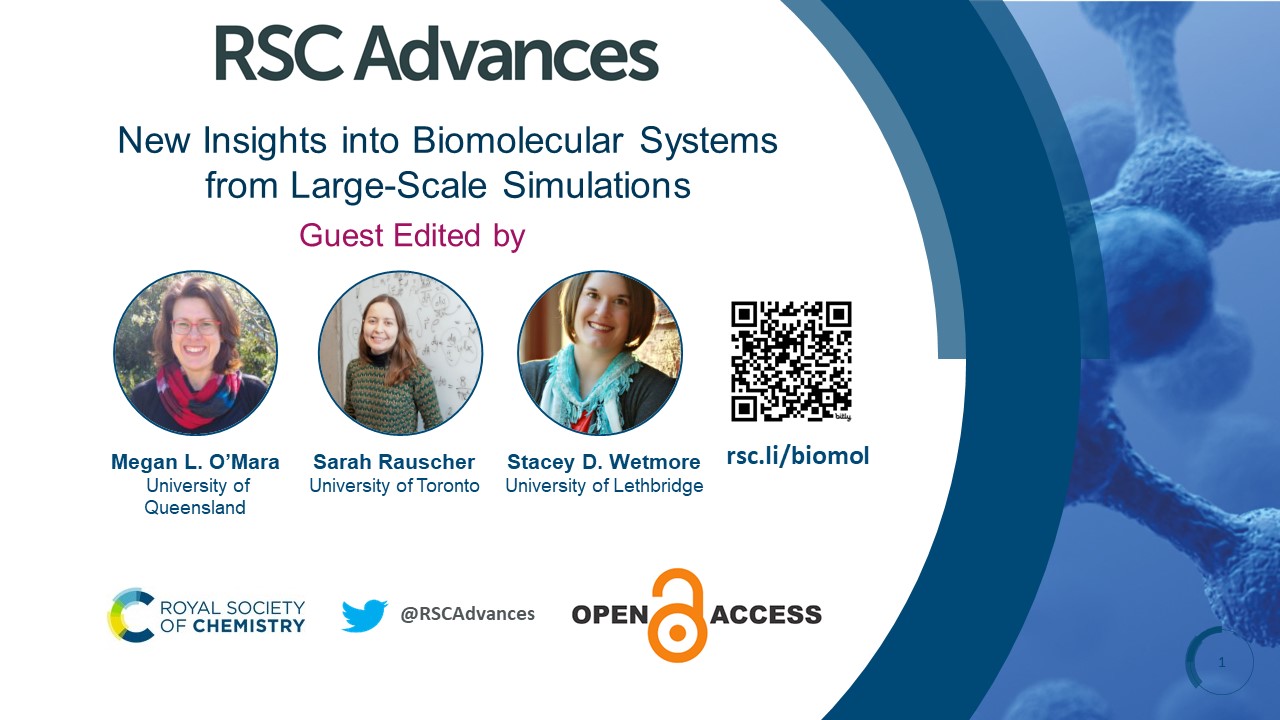RSC Advances is delighted to present this themed collection titled ‘Nano and microscale modifications of biomaterials’.
Obtaining a new or improved biomaterial, or a novel fabrication method, is a difficult task. As a rule, such materials must be created and possess specific properties. In general, bulk properties determine some mechanical and some physical properties. However, an interface between a biomaterial and a human environment, bones and tissue depends on biocompatibility, adhesion between an implant and a tissue, surface hardness, Young`s modulus, and most importantly, bioactivity and cytotoxicity. This collection aims to promote research in surface treatment at the nano and micro scale and to become familiar with different methods that lead to amelioration of surface properties followed by more long-term, less invasive, and more friendly implants made of metals and their alloys, ceramics, polymers, or composite materials.
This collection was Guest Edited by Professor Andrzej Zeliński and Professor Beata Majkowska-Marzec (Gdańsk University of Technology, Gdańsk, Poland). They provide an overview of the collection in this accompanying Editorial.
A selection of articles have been highlighted below, and you can view the full collection here.
Self-healing hydrogels for bone defect repair
Weiwei Li, Yanting Wu, Xu Zhang, Tingkui Wu, Kangkang Huang, Beiyu Wang and Jinfeng Liao
RSC Adv., 2023, 13, 16773-16788
Evaluation of adhesion strength, corrosion, and biological properties of the MWCNT/TiO2 coating intended for medical applications
Dorota Rogala-Wielgus, Beata Majkowska-Marzec, Andrzej Zieliński, Katarzyna Roszek and Malwina Liszewska
RSC Adv., 2023, 13, 30108-30117
Demonstration of doxorubicin’s cardiotoxicity and screening using a 3D bioprinted spheroidal droplet-based system
Raven El Khoury, Salma P. Ramirez, Carla D. Loyola and Binata Joddar
RSC Adv., 2023, 13, 8338-8351
View the full collection here
We welcome you to contribute to this collection. Please contact the Editorial Office to highlight your interest in submitting to this collection.

Submit to RSC Advances today! Check out our author guidelines for information on our article types or find out more about the advantages of publishing in a Royal Society of Chemistry journal.
Keep up to date with our latest Popular Advances, Reviews, Collections & more by following us on X. You can also keep informed by signing up to our E-Alerts.












